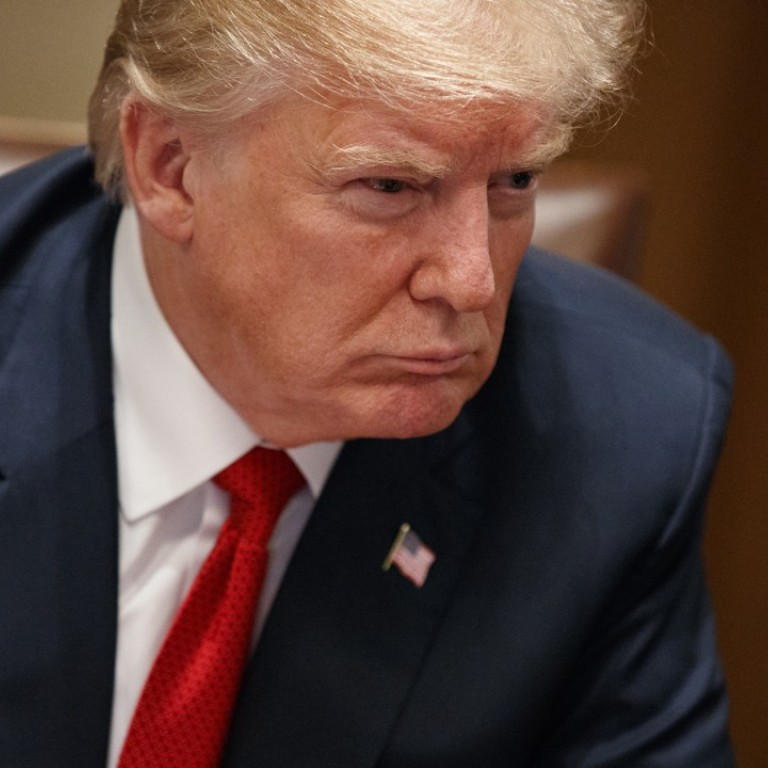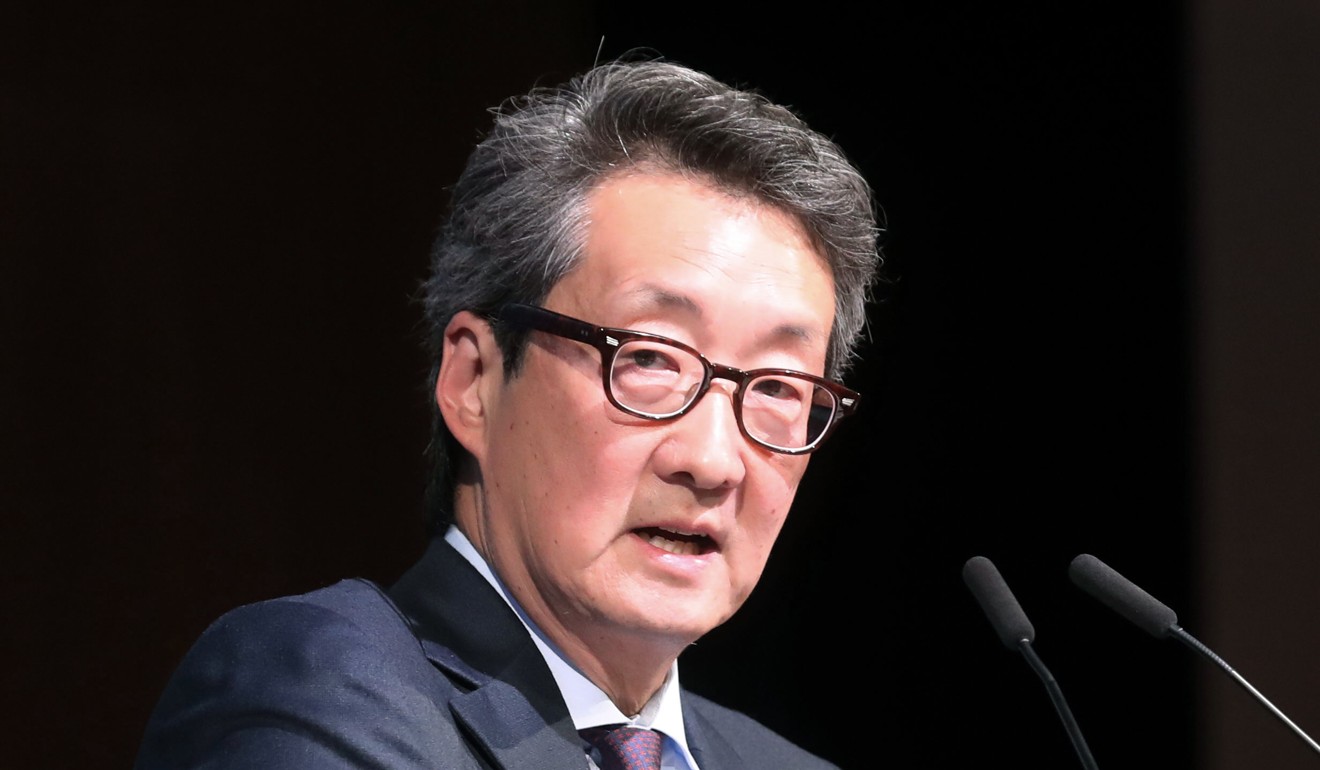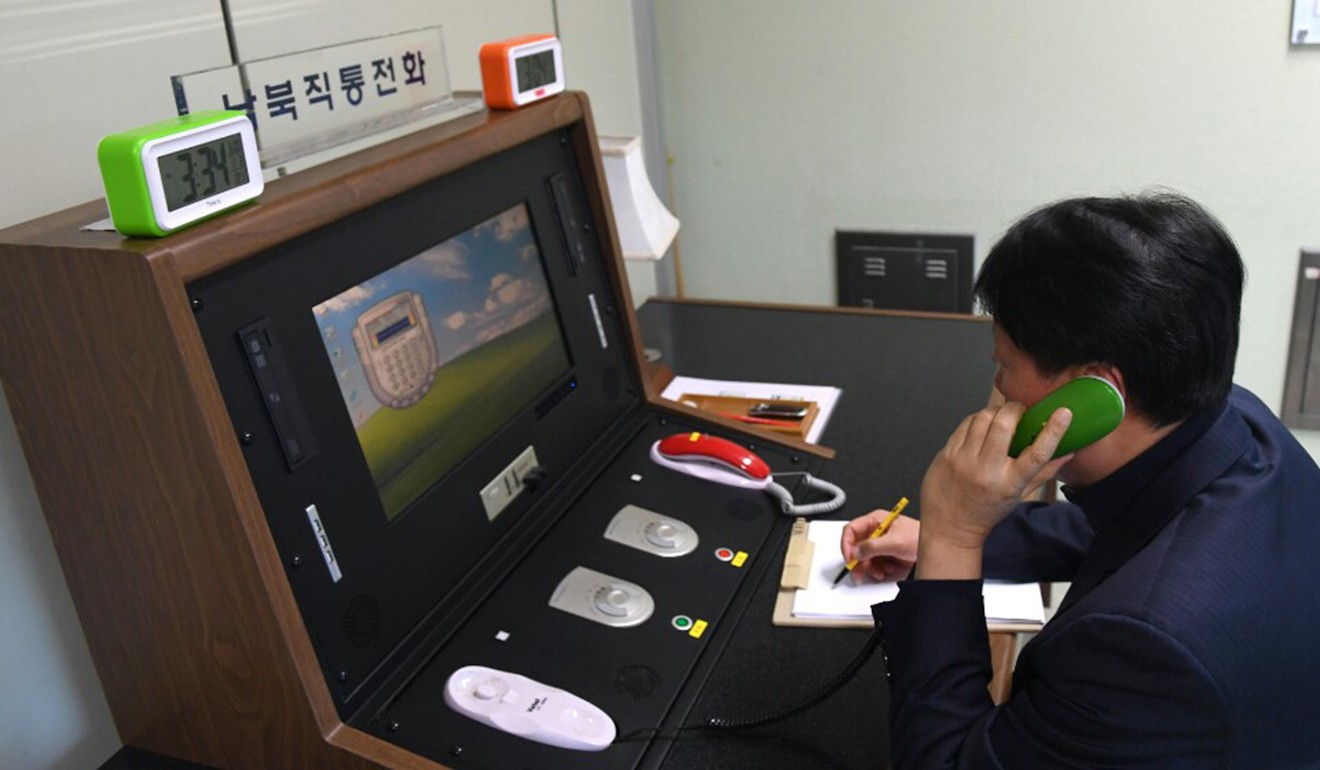
Here’s why Trump can’t find a US ambassador to South Korea
Preventive war good, free trade bad, mass evacuation of 280,000 Americans not a problem... if that’s what you think, chances are you aren’t a seasoned diplomat.
Help Wanted: US Ambassador to Korea. Seasoned diplomat or foreign area specialist preferred. Must think preventive war is a good idea, the Korea-US Free Trade Agreement is a bad idea and that it wouldn’t be too disruptive if 280,000 American citizens were suddenly evacuated from the Korean Peninsula.

Full disclosure: Victor Cha is a close personal friend who would have been an ideal choice, given his deep academic knowledge and foreign policy experience. He served as Asia director on the National Security Council during the George W. Bush administration. He was even smart enough not to join many of his Republican colleagues in the “never Trump” or “I’m with her” movements.
But if news reports are to be believed, he was dropped from consideration, even after an extensive vetting process and a diplomatic OK from Seoul.
‘Pyongyang Olympics’: How North Korea stole the Winter Games
When I learnt that the ambassadorial position was once again open, I drafted a list of the handful of people I thought were qualified and suitable for the job. Then I matched them against the presumed job qualifications and discovered that no one remained on the list. In fact, I can’t think of anyone even marginally qualified for the job who would meet the requirements as outlined in the mock job advertisement above.
None of them is wrong; the advertisement is. A good public servant, be it an ambassador, a cabinet secretary, or senior military commander, may sometimes be called upon to implement policies that he or she thinks are wrong or ill-advised. But they also understand there is only one president or commander-in-chief. In most instances (assuming the decision is a legal one), they will salute smartly and press ahead with implementing the policy decision, while trying to do it in a manner that minimises the risks or potential downside for US national interests. Dragging one’s feet is another time-honoured approach.

If they think it is particularly onerous or dangerous, they have the option of falling on their sword (or pen-and-pencil set) and resigning. If they believe the order is illegal, they have a moral responsibility not to obey, but that is a subject for another day.
They are not, and should not be required to think it’s a good idea, however. In fact, they are morally bound to express their views, pro and/or con, on the subject before the president makes the decision. This is how wise decisions are made. It is quite logical that this, or any other administration, is going to fill political positions with like-minded people. Part of the job of political appointees is to represent the president’s views to the bureaucrats under their direction. But they should not be required in advance to promise to agree with everything the administration proposes or debates. This is especially true for someone serving as an ambassador.
Is North Korea serious about peace or just playing everybody (again)?
He or she must be able to be, and be seen as, the president’s representative to have any credibility. But an ambassador also needs to be able to provide the president and secretary of state with candid views on the ground, based on his or her own wealth of experience (assuming the ambassador is in fact fully qualified for the job – some postings can safely go to those who are better connected but less qualified, but Korea is not one of them).

The right question to ask is: “Are you prepared to implement the president’s (or secretary of state’s) orders, assuming they are legal, even if you personally disagree with them?” If the answer is no, then you should disqualify yourself and go home.
Ralph Cossa is the president of Pacific Forum CSIS

